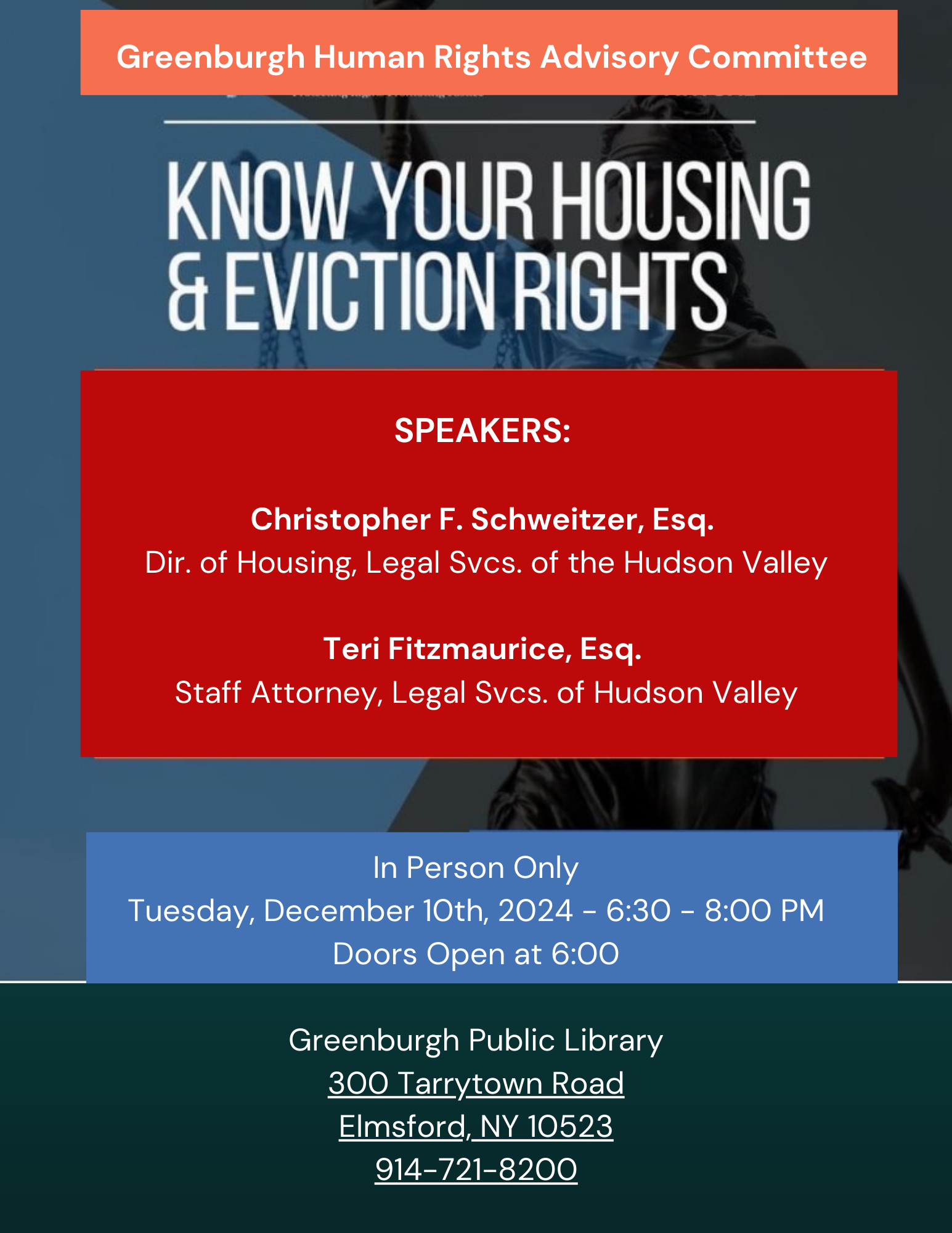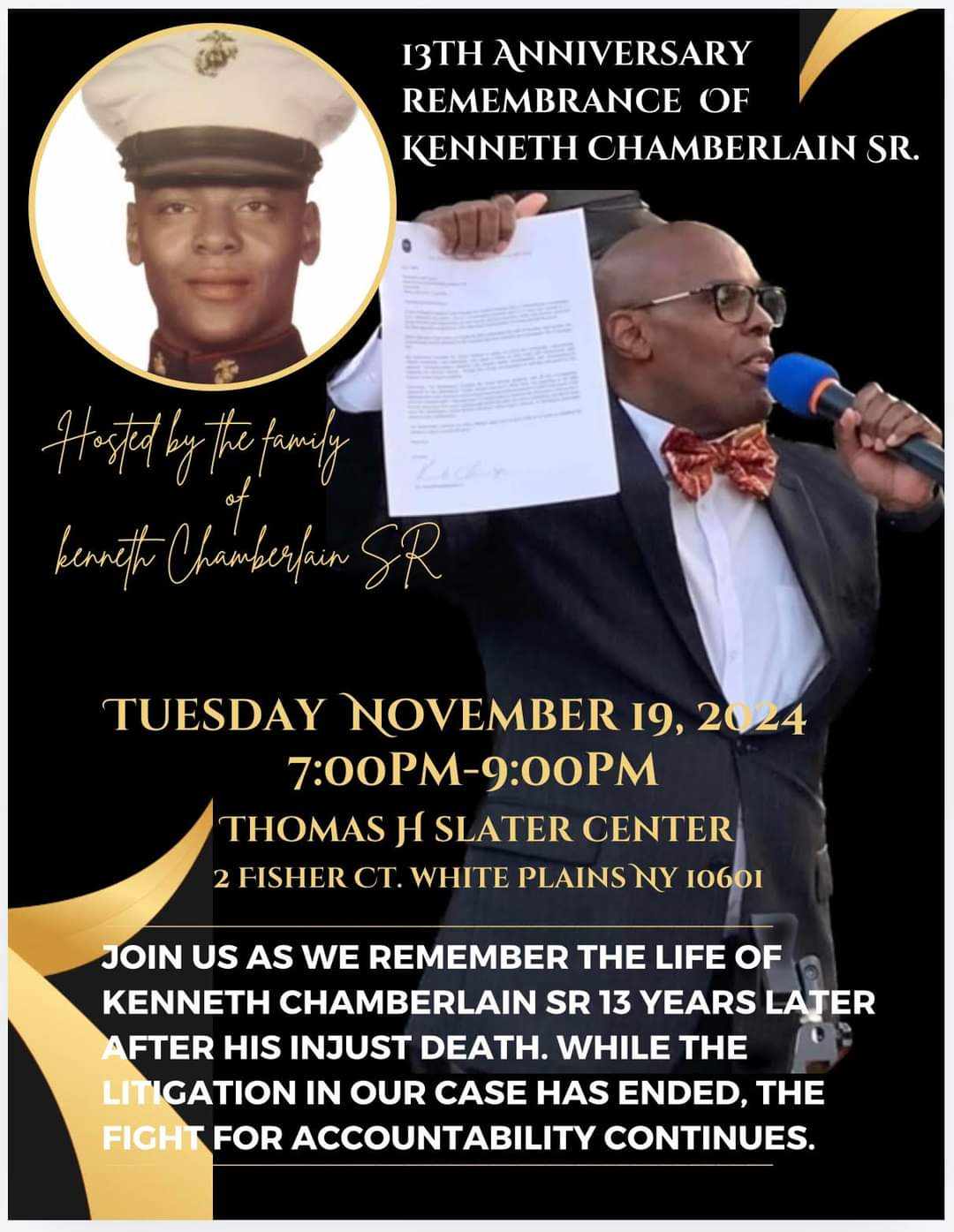Chicago, IL – In a landmark decision on November 21, 2024, the Illinois Supreme Court overturned the conviction of actor and singer Jussie Smollett, ruling that his due process rights were violated during his second prosecution. Smollett, best known for his role as Jamal Lyon on the hit television series Empire, had been embroiled in a highly publicized legal saga following allegations that he staged a racist and homophobic attack on himself in January 2019.
The court found that Smollett’s initial agreement with prosecutors in 2019, which involved the dismissal of charges in exchange for community service and a $10,000 payment, should have been binding. The ruling stated that the subsequent decision to prosecute Smollett again on the same charges constituted a breach of his constitutional protections.
Background on the Case
The case first gained national attention in 2019 when Smollett reported being attacked by two masked men who hurled racial and homophobic slurs, tied a noose around his neck, and poured a chemical substance on him. The report sparked widespread outrage and support for Smollett. However, investigations later revealed that Smollett had allegedly orchestrated the attack with the help of two acquaintances.
In December 2021, Smollett was convicted on five counts of felony disorderly conduct for filing false police reports. He was sentenced in March 2022 to 150 days in jail, 30 months of probation, and was ordered to pay restitution and fines. Smollett served six days in jail before being released pending an appeal.
Supreme Court’s Decision
The Illinois Supreme Court’s decision emphasized the importance of honoring prior agreements made by prosecutors. Justice Lisa Holder White wrote in the court’s opinion, “Prosecutorial agreements, once enacted, must be upheld to preserve public confidence in the integrity of the legal system.”
Smollett’s attorney, Nenye Uche, lauded the ruling, calling the initial prosecution a “vindictive persecution” that ignored the agreement Smollett had fulfilled in good faith.
“This decision reaffirms that everyone is entitled to constitutional protections, no matter how polarizing their case may be,” Uche said.
Prosecutor’s Response
Special prosecutor Dan K. Webb, who led the case against Smollett, acknowledged the court’s procedural ruling but stressed that it did not exonerate Smollett of wrongdoing. Webb stated that the ruling was based on technical grounds and did not contest the evidence that pointed to Smollett’s role in staging the attack.
Public and Legal Reactions
The decision has reignited debates about justice and privilege in high-profile cases. Supporters of Smollett view the overturned conviction as a vindication of his claims of innocence, while critics argue it underscores flaws in the legal system’s handling of celebrity defendants.
Legal analysts say the ruling sets a significant precedent for upholding prosecutorial agreements and limiting the scope of double jeopardy, a principle that prohibits someone from being tried twice for the same crime.
Smollett’s Continued Denial
Throughout the legal proceedings, Smollett has consistently maintained his innocence, asserting that he was the victim of a genuine hate crime. Following the Supreme Court’s decision, his legal team reiterated their stance, emphasizing that the original agreement was fair and lawful.
“This has been an incredibly difficult journey for Mr. Smollett,” said Uche. “We are pleased that the Illinois Supreme Court has corrected this injustice.”
As the legal dust settles, questions remain about Smollett’s future in the entertainment industry and public life. For now, the case stands as a reminder of the complex interplay between the law, media, and celebrity.




